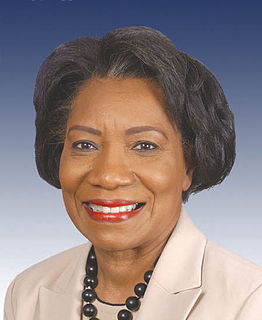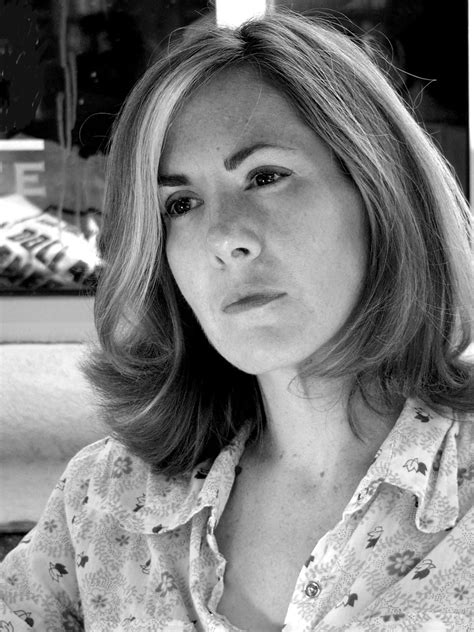A Quote by Juanita Millender-McDonald
It is difficult to get Latina and Asian women to speak out. We must make it clear it's not their problem, it's our problem. We need magazines like this one to keep talking about the issue. And know that we women in Congress are with you 100 percent.
Related Quotes
I don't know of any science writing going on in women's magazines, unless you count medical stories about things like breast cancer. I still think there's a huge problem about how we can actively engage a wider range of women. I'm not saying women must be a separate audience - I'm just responding to the reality that the majority of people who do read science magazines are male. That's not a value judgment; it's a statistical fact.
It turns out that a lot of women just have a problem with women in power. You know, this whole sisterhood, this whole let's go march for women's rights and, you know, just constantly talking about what women look like or what they wear, or making fun of their choices or presuming that they're not as powerful as the men around. This presumptive negativity about women in power I think is very unfortunate, because let's just try to access that and have a conversation about it, rather than a confrontation about it.
Women still routinely get passed over when everyone sits around the table and says, "What's our list of 10, 20, 30 directors that we wanna put at the top of our list for this project?" You need more people who are either women who care about this issue or men who care about this issue, who are sitting in this room and saying, "Guys, where are the women? We need to be going out to women." And particularly in the projects that really could use a fresh feminine perspective, whatever that ultimately means.
If we're going to make progress on this issue [of contraception], we have to be really clear about what our agenda is. We're not talking about abortion. We're not talking about population control. What I'm talking about is giving women the power to save their lives, to save their children's lives and to give their families the best possible future.
In my first 100 days, I'll work with both parties to make the biggest investment in good-paying jobs in decades. We'll also raise the minimum wage - a big deal for the nearly two-thirds of minimum-wageworkers who are women. And we'll give women the tools they need to fight for equal pay. This isn't just a "women's issue"? - it's an issue every American should care about, no matter their gender.
It concerns me when people frame the conversation about equal pay about the entertainment business. I don't want the wage gap issue to be viewed as this myopic problem, because it's not. It's in 98 percent of all businesses, and it's easy for people to dismiss this conversation when they think it's around white women entertainers. But this is about all women in America.
It's important to recognize the vital role that the financial markets play in our economy and that so many of you are contributing to. To function effectively those markets and the men and women who shape them have to command trust and confidence, because we all rely on the market's transparency and integrity. So even if it may not be 100 percent true, if the perception is that somehow the game is rigged, that should be a problem for all of us, and we have to be willing to make that absolutely clear.
We have to start encouraging women to get into math and science early on in life... But to just say TechCrunch is perpetuating the problem because there aren't enough women speakers at our events is just a way to get attention and not solve the problem. So do we want to solve the problem, or do we want to just pick on me?
If you go off into general-interest magazines, often women are being shoved aside into various ghettos that perpetuate the problem. Women's interests are specialized, they're secondary; they're somewhere over to the side of the serious work that's being done. Throughout history, there have been ladies' magazines, ladies' journals, and for years there have been women writers who would refuse to participate in women-only sort projects because of that stigma.
































